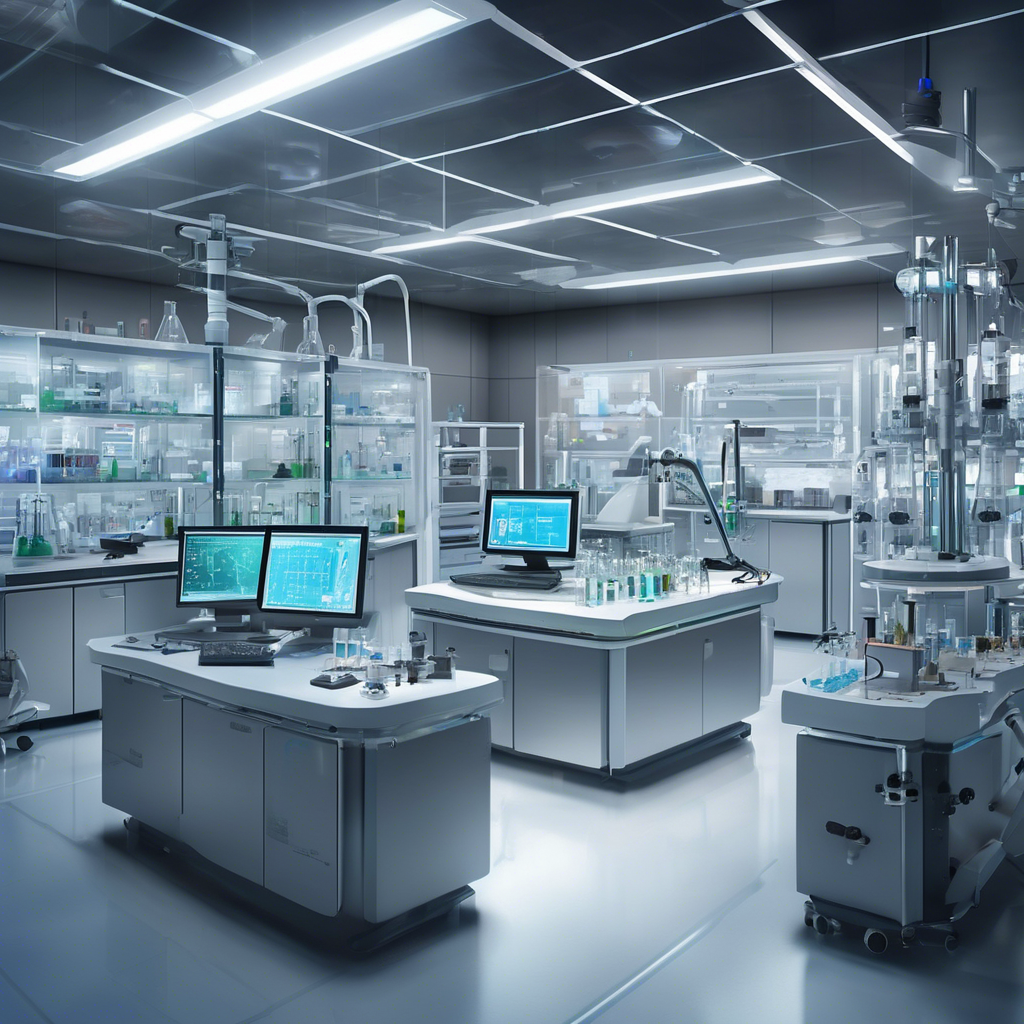
Among the various applications of artificial intelligence, one opportunity stands out prominently. Experts universally agree that the most significant potential of A. I. lies in expediting and transforming scientific research and development. Utilizing extensive scientific datasets, A. I. holds the promise of discovering new drugs to fight diseases, developing innovative agricultural methods to sustain the global population, and creating new materials that facilitate green energy—achieving these breakthroughs in a fraction of the time required by traditional research methods. Technology companies such as Microsoft and Google are developing A. I. tools tailored for scientific purposes and are collaborating with partners in domains like drug discovery. Notably, last year's Nobel Prize in Chemistry was awarded to scientists who employed A. I.
to predict and engineer proteins. This month, Lila Sciences announced its own goals to transform science through A. I. Based in Cambridge, Massachusetts, the start-up spent two years discreetly working "to build scientific superintelligence to address humanity's greatest challenges. " With a seasoned team of scientists and an initial funding of $200 million, Lila has been crafting an A. I. program trained on both published studies and experimental data, alongside incorporating scientific processes and reasoning. This A. I. software is then utilized to conduct experiments in automated physical laboratories, with a handful of scientists providing assistance.
Transforming Scientific Research with AI: Lila Sciences and Industry Leaders


The Walt Disney Company has initiated a significant legal action against Google by issuing a cease-and-desist letter, accusing the tech giant of infringing on Disney’s copyrighted content during the training and development of generative artificial intelligence (AI) models without providing compensation.

As artificial intelligence (AI) advances and increasingly integrates into digital marketing, its influence on search engine optimization (SEO) is becoming significant.

MiniMax and Zhipu AI, two leading artificial intelligence companies, are reportedly preparing to go public on the Hong Kong Stock Exchange as early as January next year.

Denise Dresser, CEO of Slack, is set to leave her position to become Chief Revenue Officer at OpenAI, the company behind ChatGPT.

The film industry is experiencing a major transformation as studios increasingly incorporate artificial intelligence (AI) video synthesis techniques to improve post-production workflows.

AI is revolutionizing social media marketing by offering tools that simplify and enhance audience engagement.

The emergence of AI-generated influencers on social media signifies a major shift in the digital environment, sparking widespread debates about the authenticity of online interactions and the ethical concerns tied to these virtual personas.
Launch your AI-powered team to automate Marketing, Sales & Growth

and get clients on autopilot — from social media and search engines. No ads needed
Begin getting your first leads today